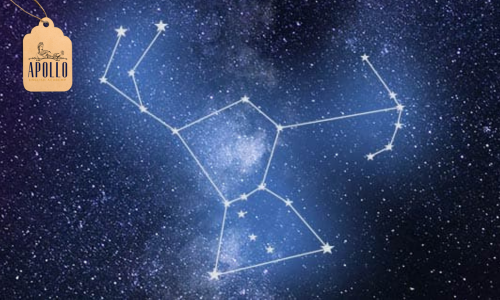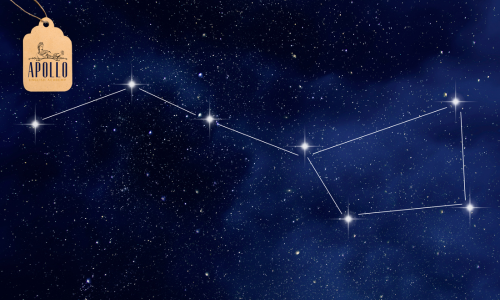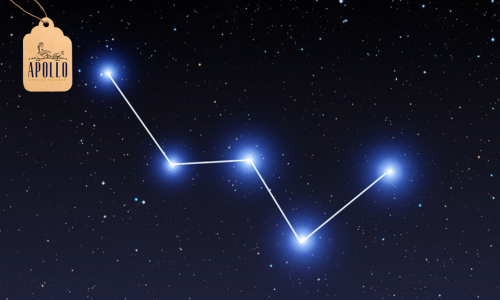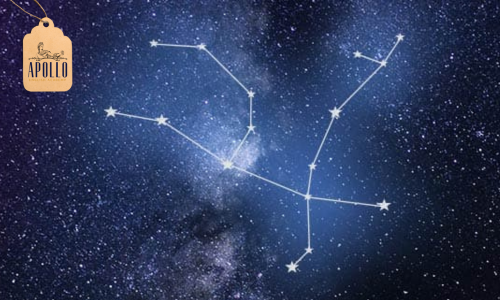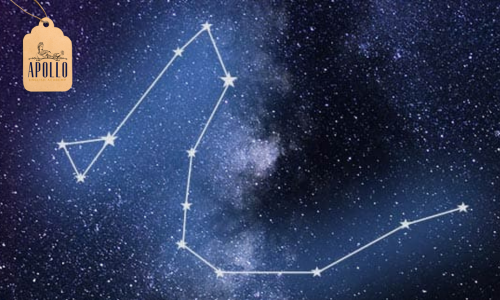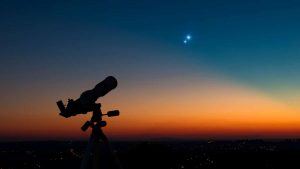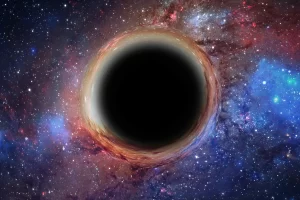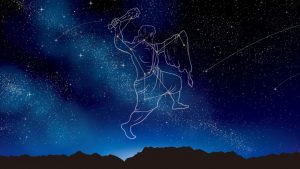Introdução
✨ Já parou para olhar para o céu e sentir que existe muito mais além do que conseguimos ver? O Dia da Astronomia, comemorado em 8 de abril, é um convite para fazer exatamente isso: desacelerar, levantar os olhos e se reconectar com o mistério do universo. Mesmo que a data oficial já tenha passado, nunca é tarde para redescobrir a curiosidade que move a humanidade desde os tempos mais antigos.
Neste post, você vai conhecer a origem dessa celebração, entender por que a astronomia continua sendo uma das ciências mais fascinantes da atualidade e descobrir formas simples (e incríveis!) de se aproximar das estrelas — mesmo sem telescópio. 🌌🔭
📖 Aqui você encontra…
Nível:
B1
Objetivo:
Expandir vocabulário e compreensão em inglês sobre temas ligados à astronomia, ciência, história e curiosidade, promovendo reflexão e linguagem descritiva em contexto científico.
Tópicos gramaticais abordados nesse texto:
-
Present Perfect: Para mostrar relevância contínua, como em “Astronomy has inspired generations of explorers.”
-
Past Simple: Para narrar eventos históricos, como em “Astronomy Day was first celebrated in 1973.”
-
Modal Verbs: Para expressar possibilidade e sugestões, como em “You can still celebrate without a telescope.”
-
Passive Voice: Para enfatizar ações coletivas, como em “Telescopes were set up in public spaces.”
-
Conditionals: Para sugerir ações, como em “If you look up tonight, you might see something amazing.”
-
Vocabulary of Science and Curiosity: Palavras como constellations, galaxies, observatories, discovery, exploration, e space science são usadas para enriquecer o conteúdo e conectar com contextos acadêmicos e culturais
Stargazing and Wonder: Celebrating Astronomy Day
Have you ever looked up at the sky and felt incredibly small — but also full of questions? If so, you’re already connected to the magic of astronomy. This week, we celebrated Astronomy Day, a global tribute to the science that helps us understand everything beyond our little blue planet.
Astronomy is not just about stars and planets — it’s about curiosity, discovery, and realizing that we’re part of something much bigger. Whether you’re fascinated by black holes, intrigued by the idea of life on other planets, or just love watching the moon rise, this is the perfect day to look up and reconnect with the cosmos.
A Brief History of Astronomy Day
Astronomy Day was first celebrated in 1973, created by Doug Berger, the president of the Astronomical Association of Northern California. His idea was simple but brilliant: set up telescopes in public spaces and let people explore the sky with their own eyes. Since then, this day has grown into a worldwide celebration held twice a year — once in the spring and once in the fall — inviting people everywhere to discover the wonders of space.
Why Astronomy Still Matters Today
In a world dominated by screens and fast-paced routines, astronomy reminds us to slow down and look up. It teaches us about gravity, time, and even our origins. Plus, thanks to technological advances, stargazing is more accessible than ever. With apps, online observatories, and high-quality images from telescopes like the James Webb, we can explore distant galaxies from our homes.
Astronomy also plays a crucial role in inspiring innovation. GPS, satellite communication, and weather forecasting — all of these are results of space science. And let’s not forget: space exploration has always been a source of hope, wonder, and imagination.
How to Celebrate
Even if you don’t own a telescope or know all the constellations, you can still celebrate. Go outside tonight, find a dark spot, and take a moment to look at the stars. Download a stargazing app and see what you can identify. Or read about a famous astronomer — like Galileo Galilei, Vera Rubin, or Carl Sagan — and discover how they changed the way we see the universe.
You can also share your love for space with others. Host a movie night with films like Interstellar, The Martian, or Contact. Or simply have a conversation about what’s out there. The universe is full of questions — and we’re all explorers in our own way.
Venha conhecer a Apollo!
Na Apollo Academy, acreditamos que aprender inglês pode ser tão incrível quanto explorar as estrelas. Com aulas personalizadas, conteúdo divertido e temas que fazem você viajar sem sair do lugar, aprender se torna uma verdadeira descoberta.
📩 Entre em contato com a gente e descubra um universo novo de possibilidades! 🚀💬
🌠 Live Like a Movie Star and We’ll Tell You Which Constellation You Are
Ever wonder what kind of star you really are? Spend a day like a movie celebrity—pick your breakfast, your luxury ride, and even your scandalous vacation—and we’ll match you with a constellation that’s written in the stars (literally). Let’s go full Hollywood meets galaxy!
What’s your celebrity breakfast of choice?

What kind of car do you drive to your premiere?

Where’s your star home located?

Your red carpet look is…

Choose a drink at your celebrity brunch:

What’s your favorite type of movie to star in?

What’s in your celebrity closet?

Choose a scandal that fits your star life:

